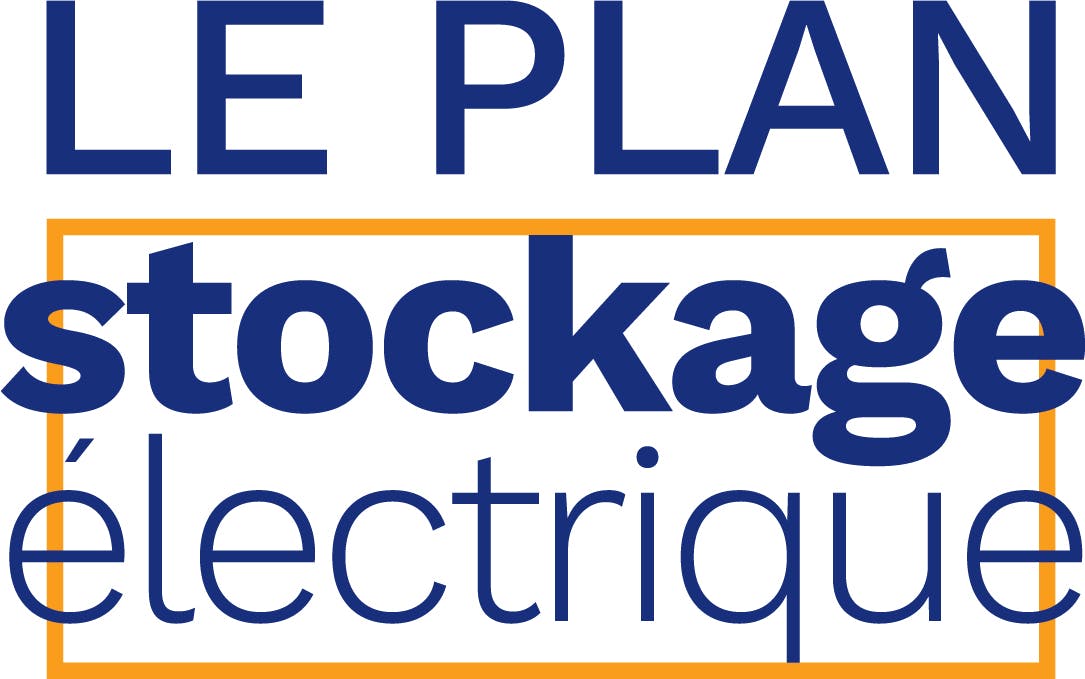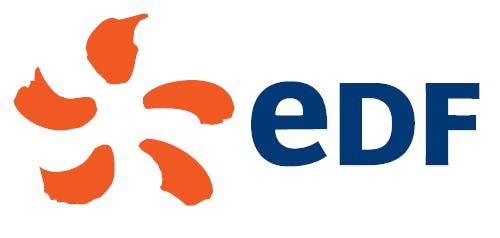Conditions for the execution of the Group’s strategy
The implementation of the Group's strategy requires the continuation of a very significant investment programme over the coming period. It is therefore subject to the recovery and stabilisation of the Group's financial structure. The action plan communicated by the Group on 18 February 2022, which aims at strengthening its balance sheet structure, will contribute to this objective (see section 5.2 "Post balance sheet events").
However, the scale and variety of the risks the Group is facing, particularly in an extremely volatile market context, with regulatory measures that have a significantly negative impact on the company, marked by the Ukrainian conflict and the associated geopolitical tensions, the consequences of which cannot yet be fully identified or quantified, and by the analyses and works the Group has to perform out on the French nuclear fleet in relation to the stress corrosion phenomena recently identified, could have consequences of all kinds, including the emergence of new risks or the aggravation of existing risks, likely to impact significantly on the Group's capability to achieve the 2022 and 2023 financial objectives described in section 5. 5 "Outlook", and its short and long-term strategic objectives described in section 1.3, or at least could make additional actions necessary to achieve them.
1.3.2.4 Strategic priorities backed up by four plans plus a transformation programme, in line with the Group’s raison d’être and business model
These goals are pursued through the four following plans and a strategic work programme (1) :
|
Through the electric mobility plan, launched in October 2018, the EDF group aims to secure a 30% market share by 2023 in the supply of electricity for electric vehicle on the Group’s four major European markets (France, the United Kingdom, Italy and Belgium). The EDF group aims at rolling out 400,000 charging points and at operating 20,000 smart charging points by 2023. At the end of 2021, almost 200,000 charging points had been rolled out. For its own fleet of light commercial vehicles, EDF is also rolling out the EV100 (2) programme and gradually converting its ICE vehicles into electric vehicles; the target is to be 100% complete by 2030. |
|
 |
With the storage plan, which was launched in 2018, the EDF group plans to develop 10 GW of new storage facilities in the world by 2035, in order to increase the Group’s storage capacity to 15 GW by that time. The EDF group is aiming to develop a portfolio of 1 million off-grid kits by 2030. Storage is a key factor in stabilising network frequency, encouraging the inclusion of renewable energy, and managing microgrids in non-interconnected areas. It will be developed by using hydro pumped energy transfer stations and batteries. |
 |
Through its solar plan, which was launched in 2017, the EDF group aspires to become the leader in solar photovoltaic energy in France with a 30% market (3) share of the sector by 2035. |
 |
With the excell plan, which was announced in December 2019 and launched in the spring of 2020, EDF is laying the required groundwork for the French nuclear industry to return to the highest standards of diligence, quality, and excellence, which are necessary for the successful completion of nuclear projects. This is a key challenge: as a low-carbon source of energy, nuclear power has a significant role to play in the fight against climate change. In 2021, 22 of the 25 commitments of the excell plan met or even exceeded the target set, due to the commitment of EDF’s teams and of all the companies in the French nuclear sector (4) (see also section 1.4.1.1.1 “The excell plan”). |
1.3.2.5 Group transformation
Health and safety, digital technology and new work practices, responsibility and simplification, skills and the recognition model are the five major levers of the Group’s transformation.
In order to be able to face new challenges and meet the new expectations of the customers, employees and all the stakeholders, the Group has adapted its managerial practices by making teams more accountable, and by streamlining its organisations and its modus operandi. Since 2016, this approach can be illustrated by numerous concrete examples (introduction of fixed numbers of working days for managers, boosting career paths and promoting internal mobility and career advancement training, development of electronic signatures, streamlining of reporting processes, etc.).
In 2018, the Group signed a new global agreement on Corporate Social Responsibility (“CSR agreement”), which includes improvements in favour of diversity and for the benefit of Group employees.
In 2019, a new management-labour dialogue approach was adopted, simplified and set up, in accordance with new legal requirements (see section 3.5.3 “Social dialogue”).
In 2020, the Group reviewed its support system for internal mobility and declared new aspirations for leadership in support of managerial transformation (see section 3.3.3.6 “Skills development”).
In 2021, the Group used the experience of the health crisis to give new impetus to transformation. By continuing to rethink processes, by making them more digital and by giving teams the power to act in order to implement streamlining and improvement initiatives, the Group is continuing to build a framework for effective work for which employees are accountable, thereby fostering commitment. The experience during the crisis thus resulted at the end of the year in the signature of a collective agreement entitled Travailler autrement, Manager autrement (“Work Differently, Manage Differently”) (see section 3.3.1.3.5 “Well-being, organisation of work and working hours”).
The transformation process is based in particular on mechanisms for coordinating networks of stakeholders as a continuation of “Let’s Talk Energy”. This a collective intelligence initiative that was created in 2018 to involve employees in building the Group’s medium- and long-term scenarios (see section 3.4.1 “Dialogue and consultation with stakeholders”).
For several years, the Group has also placed the focus of digital transformation and innovation at the strategic level. It has carried out an in-depth review of its internal organisation and training. Digital transformation involves employees and internal modus operandi, as well as customer relations and the management and design of industrial assets, and the services provided.
(1) The strategic work programme is composed of some twenty strategic projects managed at the Executive Committee level, which concretely implement each of the three strategic priorities.
(2) EV100 is a global initiative that was launched in New York at Climate Week NYC in September 2017. It aims to bring together multinationals that are committed to the development of electric mobility and to ensuring its widespread adoption by 2030.
(3) Market share expressed in terms of gross installed capacity.
(4) See the EDF press release dated 8 November 2021 “Midway through the excell plan, EDF and the nuclear industry announce tangible results and new commitments for 2022”.
